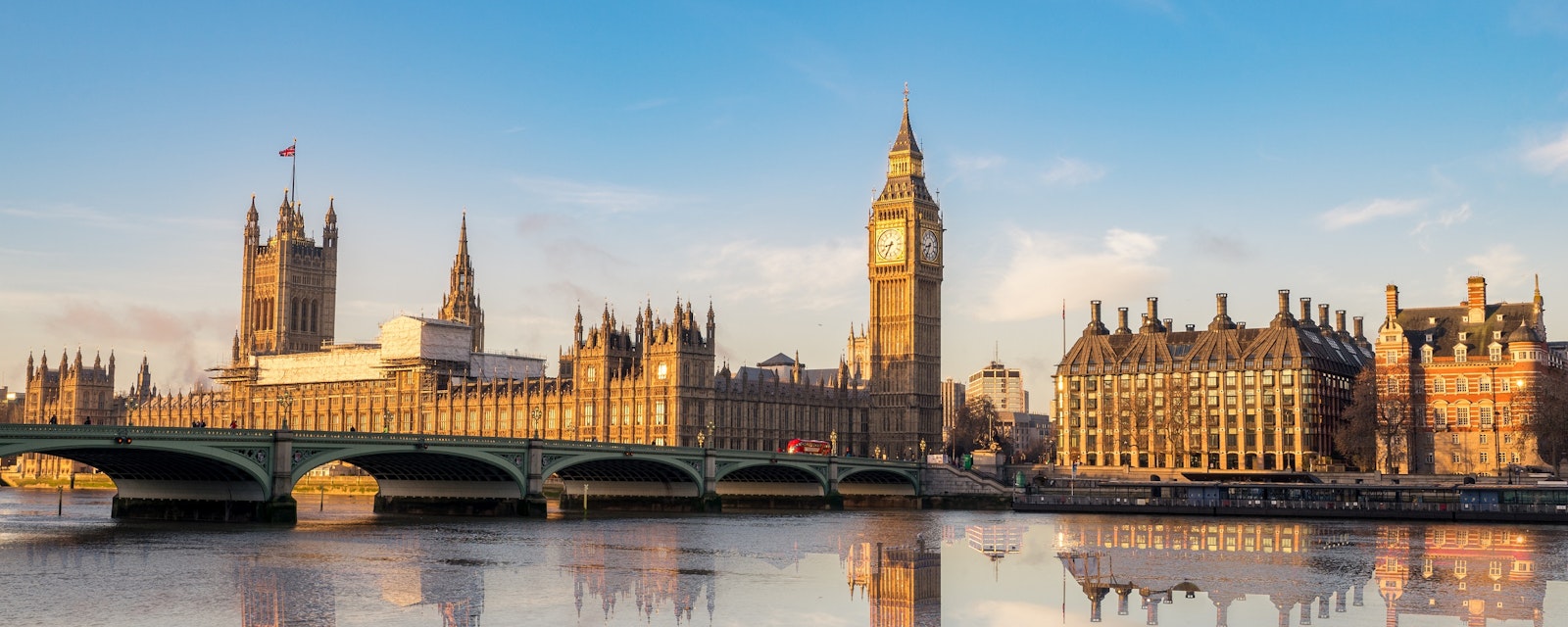Following PM Boris Johnson’s resignation, he remains intent on acting as caretaker until party conference season in October; to that end, he has formed a new cabinet. However, many Conservatives will not tolerate this, calling for either a deputy to take the reins or for the party to expedite the process of electing a new leader. The main signpost to watch is how long the leadership contest will take and, specifically, whether the members’ ballot will be skipped to replace Johnson sooner.
Leadership Contest and No-Confidence Vote
The 1922 committee of Tory backbenchers will press ahead with elections to its executive on Monday. While that committee has no formal powers to stop Johnson from staying on as caretaker, it does have the capability to expedite the leadership election. While there are likely to be a significant number of candidates, the new committee is highly likely to try keeping the contest as short as possible. At the very least, it is widely expected that when parliament rises for summer recess in a fortnight, only two candidates will remain, and Conservative members will have the summer to vote on the successor. In Conservative leadership contests, any MP can put themselves forward with enough backing from colleagues before MPs vote in rounds. The candidate with the fewest votes in each round is eliminated until only two remain. Party members then choose between them, the second time in three years that Conservative members will select the nation’s PM.
Labour, meanwhile, has indicated strong opposition to the prospect of Johnson remaining in post as a caretaker. It has instead threatened to table a vote of no-confidence in the government. If such a vote were to take place with Johnson still in post, it would put Conservative MPs in an awkward position. They would have to choose between backing a PM they themselves have ousted and allowing Labour to overthrow a Tory government. If a no-confidence vote were to be successful, the Queen would task the best placed MP with forming her next government. Given the overwhelming Tory majority in the Commons, this job would fall to a Conservative MP; in light of the unresolved party leadership question, this might be Deputy PM Dominic Raab.
Skip the Membership Ballot?
The prospect of an imminent general election has abated for now. Given the urgency of the situation for both the Conservatives’ standing and for the governance of the UK, former PM Sir John Major has taken the unprecedented step of writing to the 1922 committee, urging them not to leave Johnson in Downing Street as caretaker, and to forego the membership ballot to have a new government installed as quickly as possible. Even if this advice is not being followed, the scenario that within a fortnight, only two candidates remain, is highly likely. Moreover, it cannot be ruled out that – in line with the concerns expressed by Sir John – those two candidates will come to an agreement whereby one stands aside, and the other is installed immediately, rendering the ballot unnecessary.
This would mirror Theresa May’s ascension in 2016, posing the medium-term risk of once again papering over the deep divisions within the Conservative Party rather than addressing them. Regardless, many Conservative MPs support this course of action. Many feel that a new administration is needed as soon as practicable – and that a protracted contest does little for certainty in the UK economy or public policy. While there is no formal ban on passing new legislation during the interval, the Tories will hardly be able to agree on new policies before the leadership question has been resolved.
A Word on Institutional Stability
Meanwhile, several commentators have tried to draw parallels between Johnson’s initial refusal to resign and Donald Trump’s unwillingness to accept his defeat after the last US presidential election. If taken seriously, such comparisons would have grave implications for assessments of the quality of British political institutions. However, they are misplaced. While the British party system is in turmoil, creating consistently chaotic personnel and policy outlooks, the institutional basis of British parliamentarism remains solid, as is demonstrated by the Tories’ ability to force the PM out within hours. Johnson’s exit was certainly not politically graceful; a more realistic assessment of his standing within his own party could have led him to conclude much earlier that “time is up.” However, such considerations are merely stylistic. Unlike Trump who had lost an election, Johnson was under no obligation to step down, regardless of how much his opponents wanted him to for political reasons.
A Trump-like situation might have occurred in a scenario where, for instance, Johnson would have refused to accept the result of another no-confidence vote or where he would have tried to draw the monarch into a battle over calling a snap election. Nothing of this has so far materialized. Neither is Johnson obliged to immediately step down and hand over to his deputy, regardless of how much his opponents want him out today. Just like Theresa May in 2019, Johnson might instead play for time, trying to cling on as a caretaker until a new Conservative leader has been elected. Even if he were to somehow hope for the process to lay bare intra-party divisions in the meantime: unless and until Johnson refuses to accept the outcome of the leadership election, constitutional convention will have prevailed.




